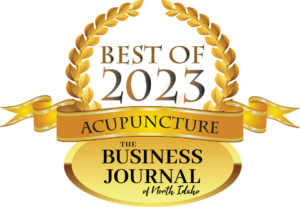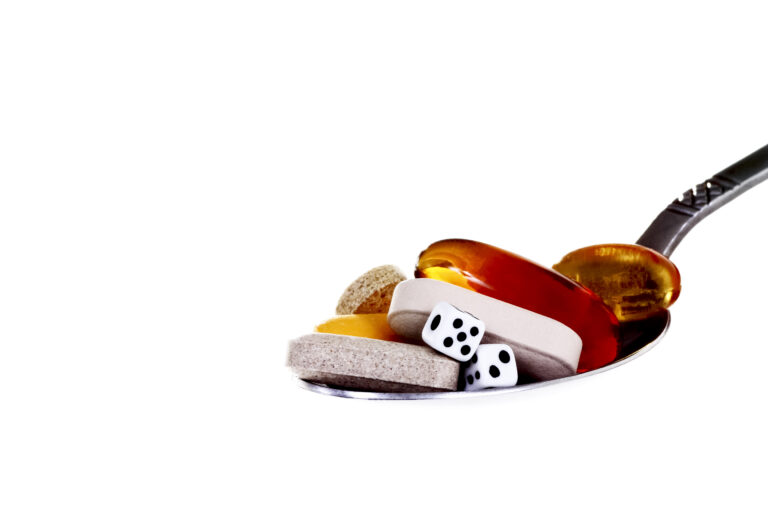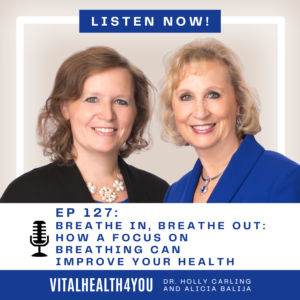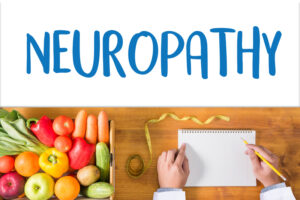Vitamins are such a controversial subject today. More and more news reports are stating that vitamin supplements aren’t all that we thought they were. They say that they harm us. Yet most Americans will admit they have benefitted from taking supplements. As a result they ignore the warnings. But is there validity in them? Why do we take vitamin supplements in the first place?
To answer that, we need to go back to the history of vitamins. A hundred years ago, 1905 to be specific, an English doctor discovered that as we processed foods, we became sick. His first discovery was that when we ate polished rice (brown rice with the brown removed, “white rice”) that it created a deficiency in the B-Vitamins found in the husk of the rice. It was then called Beriberi. The following year a polish scientist named the special nutritional parts of food a “vitamine” after “vita” meaning life and “amine” from organic compounds found in foods. His hypothesis was that vitamin deficiencies were the primary cause of illness.
Later, other nutritional pioneers such as dentist-nutritionist Dr. Royal Lee, nutritional researchers Dr. Weston Price, Fred Hale, Francis Pottenger and many others intensively studied the correlation between the foods we eat and our health. Dr. Price studied primitive cultures back in the 1930’s and documented the direct correlation between the influx of “foods of commerce” (processed sugars and flour), and the dental disease experienced by the various tribes he studied. Dr. Pottenger studied cats and how processed “cat food” affected their health (and when you think of it, have you noticed how our domesticated animals are getting human diseases now?).
Surprisingly, some big names started out as nutritionists concerned about the degradation of our food quality. Graham crackers were originally formulated to return the parts of the wheat that were removed from processed flour – to put back what we were taking out! The original crackers were rough, and tasteless but nutritionally dense! Kellogg’s Corn Flakes were actually preceded by Kellogg’s Wheat Flakes. They were originally used in a sanatorium (hospital) to remedy digestive disorders by replenishing the fibers and other nutrients lost in the processing of flour. He had amazing success. But as many stories end sadly, so do these. As the wheels of industry take over and the same old issues of shelf-life resurface, those wholesome products are no longer found and the healing intent and the dream of those men was buried with it.
Supplements are for nutritional healing. They are intended to restore the lost nutrients removed from our foods. If used correctly, they are supposed to heal the body. Unfortunately, the synthetic counterfeits dominating the market today do just the opposite. In order to comply with the demands for mega-dosing and provide investors with an absurdly long shelf-life, manufacturers have succumbed to using chemicals instead of foods for supplements. Far from providing the raw materials necessary to build a healthy, fully functioning system, supplements today create a drain on the body. In most cases it takes more nutrients away from the body to deal with the synthetic junk, than what it provides.
Supplements are to heal. They are not to chase symptoms. They are to provide the raw materials needed by the body to build, repair and for function. The body has an innate intelligence. It knows what it needs to do. We don’t have to direct it to heal a cut, make the heart beat or perform the hundreds of biological functions necessary to survive. Give the body the food. Give it the nutrition and it will do what it knows to do. Taking supplements isn’t a once in awhile venture. It’s something you do as long as you want to get healthy and stay healthy. Unless you are growing all your own food, raising your meats and living a stress-free life, you need to supplement. You need some way to ensure all the vital nutrients needed by the body are in there, every day.
If you have spent hundreds or thousands of dollars on vitamin supplements that have not worked, it’s because you’re taking chemical counterfeits. If you took synthetic vitamins and they worked, that’s great. If you’re still not feeling wonderful, you’re not taking the right stuff. Your previous vitamins may have helped initially, but in the long run they may have depleted other systems. When we feel good after starting something, we never suspect that vitamin would make us sick, or that it is involved when the original symptom returns. Many vitamins do work initially, but the back lash that goes with it generally holds the greatest detriments. Vitamins, in order to heal the body, must be from foods, not from chemicals. The labels must have ingredients that look like a plant or a food that you could eat (like liver, carrots, kelp, or spinach powder), not like a chemical name (such as d-alpha tocopherol, ascorbic acid, or beta carotene). Foods heal; chemicals have side effects like any other drug. If you want to be well, take supplements made from concentrated foods without chemical additives, processing agents, sweeteners or coatings which are generally difficult to digest. Eat well, supplement well and you will be well!
© 2008 Holly A. Carling, O.M.D., L.Ac., Ph.D.







